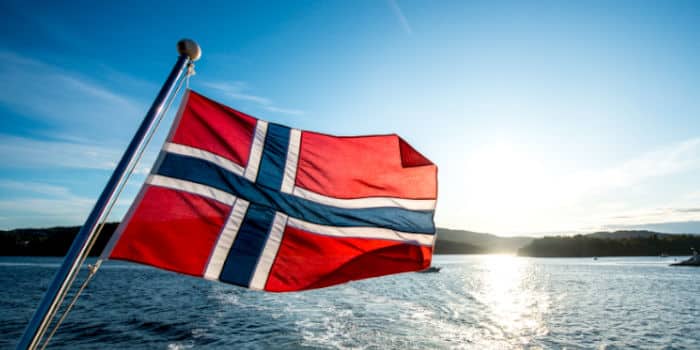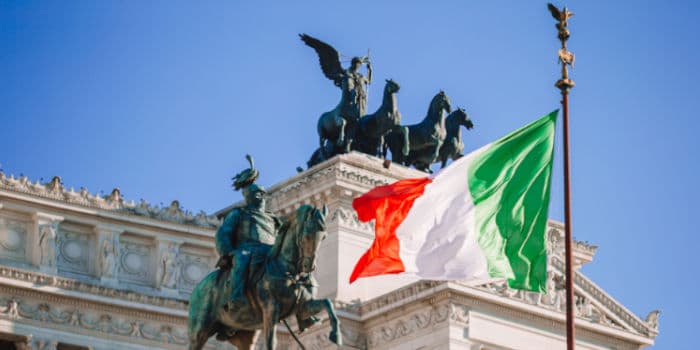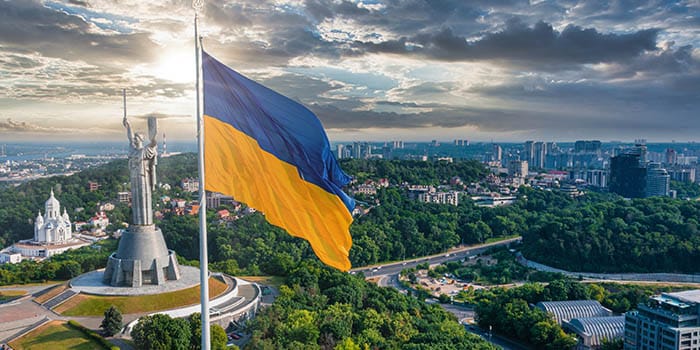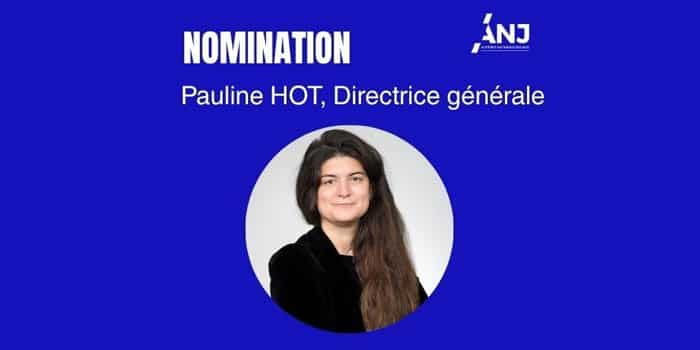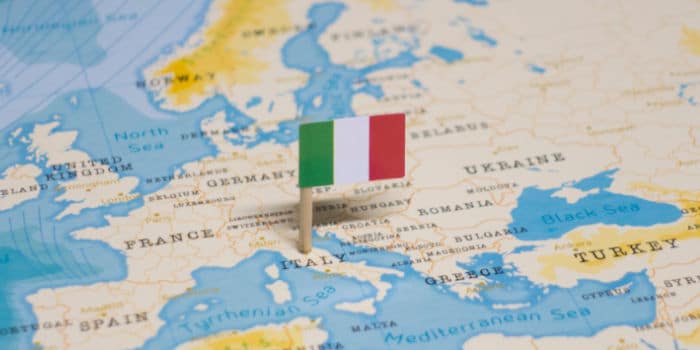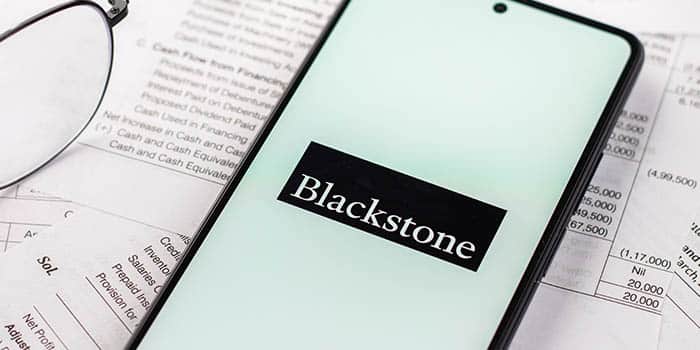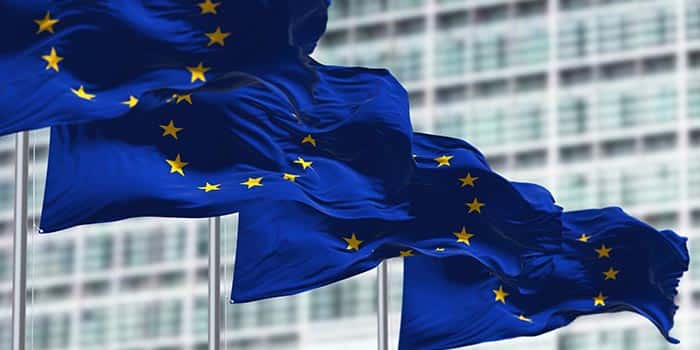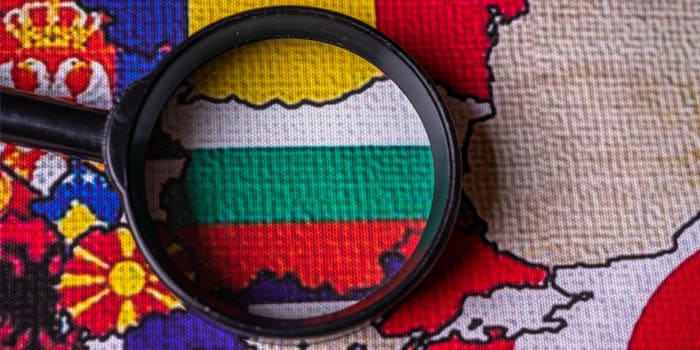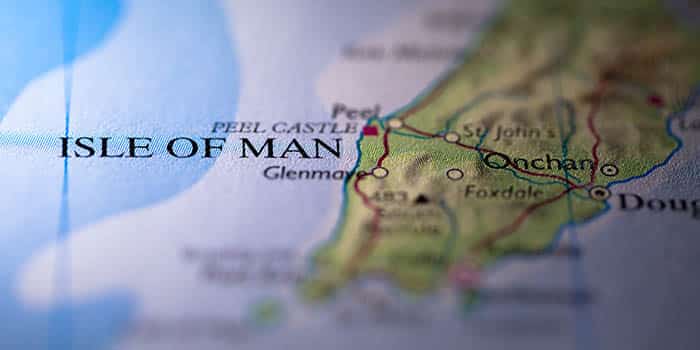- Casino
- By State
- Alabama
- Alaska
- Arizona
- Arkansas
- California
- Colorado
- Connecticut
- Delaware
- Georgia
- Florida
- Hawaii
- Idaho
- Illinois
- Indiana
- Iowa
- Kansas
- Kentucky
- Louisiana
- Maine
- Massachusetts
- Maryland
- Michigan
- Minnesota
- Mississippi
- Missouri
- Montana
- Nebraska
- Nevada
- New Hampshire
- New Jersey
- New Mexico
- New York
- North Carolina
- North Dakota
- Ohio
- Oklahoma
- Oregon
- Pennsylvania
- Rhode Island
- South Carolina
- South Dakota
- Tennessee
- Texas
- Utah
- Vermont
- Virginia
- Washington
- West Virginia
- Wisconsin
- Wyoming
- By State
- Slots
- Poker
- Sports
- Esports
DSWV Called for Intervention amid Sinking Industry Revenues

Sports betting revenues in Germany were materially affected by the cancellation of sporting events and the closure of betting shops, the 2020 sports betting tax figures released by the Federal Ministry of Finance in Germany revealed.
2020 Revenue Decline YoY
Total sales for the calendar year fell 16%, to €7.8 billion, compared to the record set in 2019 of €9.3 billion. If both January and February, the months when the virus did not have that far-reaching industry implications, are excluded, the material impact to the operators amounts to 20%.
Tax contribution from sports betting operators also fell 16%, from €464 million for the year prior to €389 million now.
Month by month, the industry hit rock bottom from March to May, and started recovering from June due to the packed sporting calendar in the summer, and since September is holding steady levels, yet nowhere near the highs from 2019.
Following the worrying figures, the German Sports Betting Association (DSWV) came up with a statement asking for government intervention to protect the industry which suffered badly due to the closure of betting shops and the suspension of sporting calendars.
Closures and Calendar Suspensions
Mathias Dahms, president of the DSWV, stated that, contrary to claims the industry profited from the pandemic, it was negatively impacted. Citing the first lockdown in March and April, when all European football leagues suspended action, the sports betting market in Germany collapsed entirely, Dahms noted.
“…in April by 90% compared to the previous year, in May by 75%. Without sport there can be no sports bet, of course.”
Mathias Dahms, President, DSWV
Speaking of current lockdown, 5,000 to 6,000 betting shops across the country are closed or work with reduced capacity, leaving 25,000 employees and operators in tatters regarding the future of their jobs and businesses, Dahms continued.
In a dig towards the federal government, the DSWV president outlined many businesses face extinction due to failed promises for aid in November and December, asking for a better planning perspective as to how operations under hygiene requirements will happen in the following months.
Illegal Websites
He then referred to the second existential threat for the legal gaming industry, the illegal market, which saw a noticeable increase in activity, especially since the introduction of the transitional regulation for virtual slot machines in October, which caused large number of customers move away to websites registered in Asia and the Caribbean.
“It becomes clear that the strict regulations for virtual slot machine games have channelled the market away almost overnight – unfortunately in the wrong direction.”
Mathias Dahms, President, DSWV
To believe that German customers would accommodate the excessive restrictions of the legal framework while they have access to much better conditions is unrealistic, Dahms pointed out, asking for urgent improvements to regulations and functioning enforcement to oust illegal operators, otherwise face the risk of legal firms withdrawing from the country.
Licensing Issues
Finally, the president of DSWV addressed the issue of licensing, pointing to the 40 operator licenses still pending approval by the federal government, while at the same time the 21 already approved operators were suffocating from the restrictions of the law and watching illegal betting sites “operate completely unmolested” and causing a mass exodus of customers from the regulated market.
“We therefore urgently appeal to the state governments to put an end to this untenable situation.”
Mathias Dahms, President, DSWV
Dahms concluded by demanding an immediate decision on all open concessions so that a fair market for all providers is established.
In January, the DSWV was one of the commissioners behind a report compiled by the Düsseldorf Institute for Competition Economics (DICE) with regards to recent tax recommendations made by the State Finance Ministries of Hesse, Nordrhein-Westfalen, Bayern and Berlin, asking for 8% slot stake tax.
With 5+ years of experience as an analyst, Julie—affectionately known as 'Jewels' in the office—has quickly become our go-to expert in the forex and cryptocurrency space. Her keen attention to detail and deep understanding of the industry make her an invaluable asset. Julie's expertise and enthusiasm have made her the top choice to co-pilot educational initiatives alongside Mike, bringing knowledge to the masses.
Previous Article

Industry
February 9, 2021
GAN Reported All-Time Transactions Record on Super Bowl Day

Must Read
More Articles




Legal
July 10, 2025
Italian Court Clears Betsolution Ltd of Mafia Links

Business
July 10, 2025
DoubleDown Acquires Whow Games in €65 Million Deal
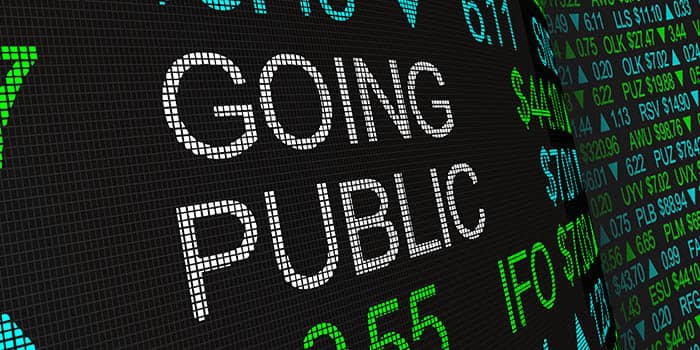
Casino
July 10, 2025
Cirsa Shares Hold Steady in Lukewarm Spanish IPO Debut


